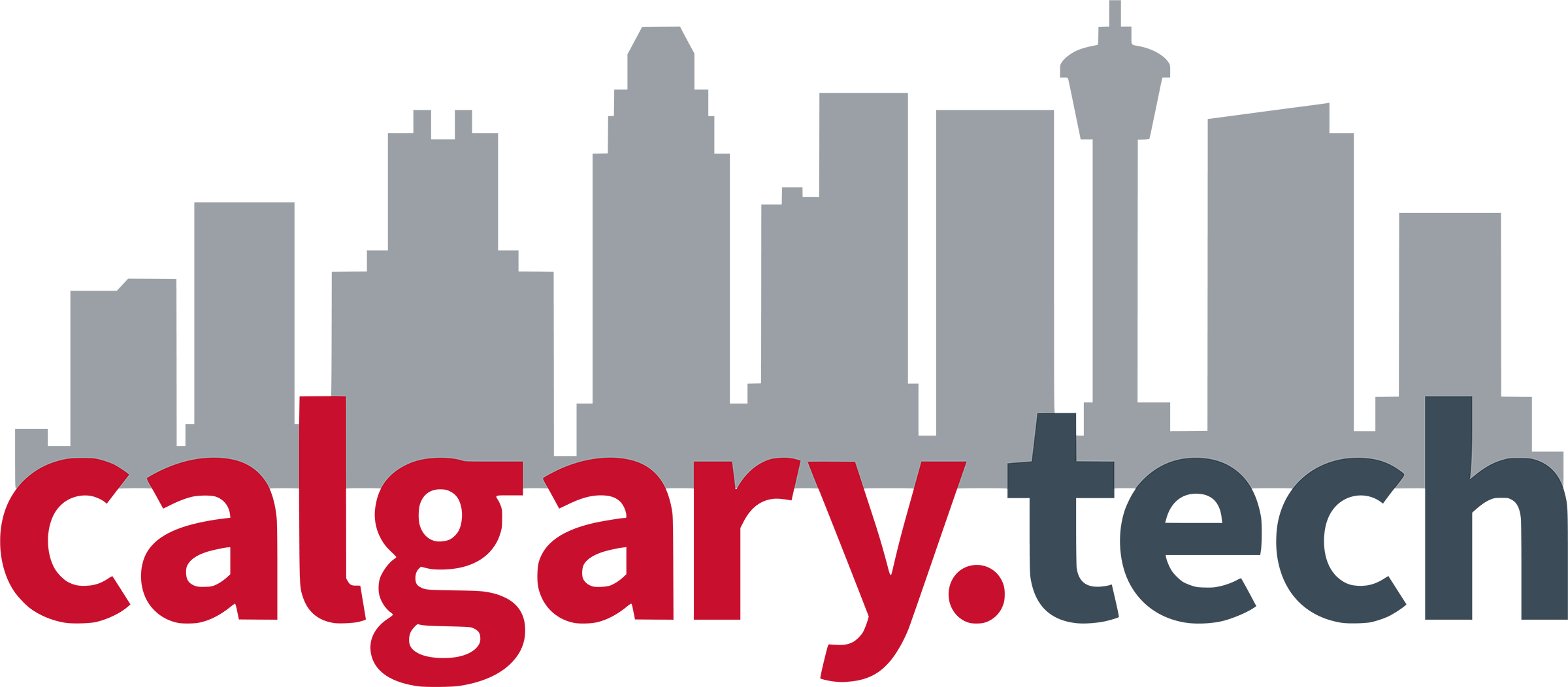
As Alberta’s technology publication of record, Calgary.tech reports on and discusses at length the many regional entrepreneurs and organizations applying technology and innovation to the Canadian economy.
A report from national law firm Osler this year uncovered “impressive signs of growth, renewal, and resilience in the ecosystem” in Alberta, who saw the highest growth for venture capital deals in Canada since 2020.
This was reinforced by data from the Canadian Venture Capital Association, which found that “Alberta, for the fifth year in a row, attracted a record amount of investments in 2022.”
More recently, CBRE’s 2023 Scoring Tech Talent report found that Calgary experienced a 61% growth in tech talent over five years—the second-highest rate in Canada next to Vancouver.
In two years, the Alberta Scaleup and Growth Accelerator Program has delivered services to entrepreneurs across 169 Alberta-based companies, who have raised investments worth $147 million, created 118 new jobs, and grew company revenues.
All in all, there has “never been a more exciting time to be in tech in Alberta than today,” believes Nate Glubish, the Minister of Technology and Innovation for Alberta.
But what is under the hood of all this Alberta innovation? What are the fundamental technologies at play?
Let’s take a closer look at some of the most prevalent tech trends at play in Alberta.
Hydrogen Energy
Hydrogen energy refers to the use of hydrogen gas as a clean fuel source, which, when consumed, produces only water as a byproduct.
Sounds cool. How does it work?
In place of a traditional battery, envision a miniature water factory. When you need power, this factory splits water into oxygen and hydrogen. The hydrogen is then stored and used as fuel.
When you “use” this fuel, instead of depleting like a battery, the hydrogen energy transforms back into water. Essentially, using hydrogen as an energy source is like having an efficient battery where the energy spent and retrieved is in a cycle of water being split and then reformed, ensuring a clean loop with water as the only byproduct.
With a worldwide market estimated to be $11 trillion a year by 2050, the hydrogen economy will create thousands of jobs and billions of dollars in economic activity. Alberta is the largest hydrogen producer in Canada.
The Alberta Hydrogen Centre of Excellence was recently launched by Alberta Innovates in order to accelerate technology and innovation across the hydrogen value chain, closing gaps to strengthen Alberta’s hydrogen economy and provide support across the entire hydrogen system, from production to end use. Meanwhile the Province is providing $50 million through Alberta Innovates and Emissions Reduction Alberta to support researchers, innovators, companies and industry to develop technologies that are critical to advancing the Province’s Hydrogen Roadmap and Natural Gas Strategy.
Artificial Intelligence
AI is a technology that empowers machines with the ability to mimic human cognitive functions such as learning, reasoning, and problem-solving.
Let’s break that down a little.
Think of artificial intelligence as an assistant in a restaurant kitchen. You, as the chef, tell it to prepare a certain dish. The assistant will analyze a cookbook (or 100), understand the recipe, and execute it with precision. And if the assistant has made the dish before, it might even suggest improvements based on past results.
Just like this lovely chef’s assistant, AI systems can analyze vast amounts of data, learn from it, make decisions, and improve over time, helping humans solve complex problems more efficiently.
Citing regional AI excellence, France’s Sidetrade last year expanded to Alberta, opening an office in downtown Calgary’s Ampersand building. Calgary’s Harvest Venture Builders, a not-for-profit early-stage venture studio, recently launched an AI vertical. And local startups such as Fillip Fleet and TCG Machines, maker of the AI-powered PhyzBatch-9000, showcase innovation based on the advancing technology.
Solartech
Solartech refers to an expanding portfolio of technologies designed to capture and convert sunlight into usable energy, primarily in the form of electricity.
Go on.
Nature is excellent at utilizing the sun’s energy—think of solar panels like leaves on a tree. In the same way that leaves capture sunlight to produce food for the tree through photosynthesis, solar panels can absorb energy from sunlight to generate electricity for things like homes and our many devices.
Federal investments valued at $160 million were recently announced for nine Alberta-based solar power projects, a move expected to create more than 1,000 jobs. Zeno Renewables, a Calgary-based residential solar solutions provider, is aiming to install solar solutions on over one million homes by 2040. Other startups, such as SolarSteam, innovate to push the boundaries of what solartech can achieve.
Decoded Tech
Looking to better understand even more terms and trends relevant to Alberta innovation and beyond?
Check out the DECODER Dictionary for news and knowledge on Canadian tech.


Leave a Reply